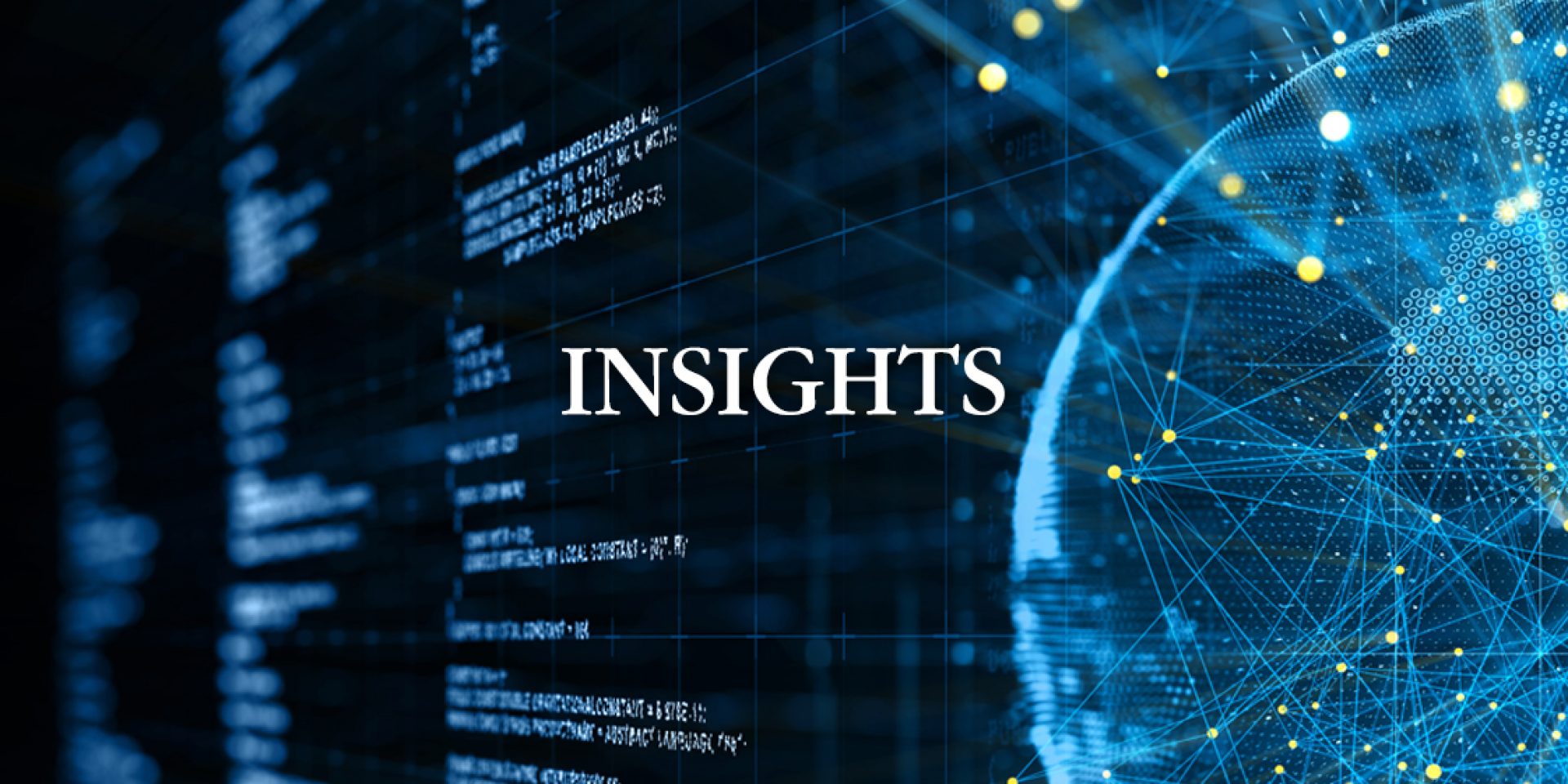Much of the social, economic and political development of the modern period is driven by technology, innovation and disruption. Steam power, combustion, electricity, telephony, computing; and today, digital transformation has become the defining driver of our age. The big digital and technology companies have become truly gargantuan and count their market capitalization in trillions. In previous insights we have written about the prospects for the internet sector (July 2015) and how the shift from offline to online is not a fad but fundamental. We have also written about the impact of these new business models on the structure of the economy (March 2016). With the upcoming US elections and with even Kim Kardashian taking a break from social media, it is time to reflect on the impact of regulation and politics.
The Covid-19 pandemic has accelerated the change and disruption we have seen over the past ten years. Work, consumption, education and social life has shifted online. The discussion around the technology sector and its biggest companies has accelerated too. Before the question was if the companies could grow further and if they had reached their peak. Now there are two questions:
The first goes back to the origins of capitalism, to Standard Oil and the trusts of the 19th century. The big digital and technology companies have provided unprecedented opportunity and utility for their users and customers. They have played a critical part in enabling the global economy to continue to function despite the physical distancing and other measures that have had to be imposed to control the Covid-19 pandemic and to avoid the economic collapse that would have been inevitable. After all Standard Oil made kerosene widely available and lowered its price to a point where it could make money, but others could not. But despite all that, have they become monopolies and are they abusing their power?
The other question is completely new. The big digital companies have completely changed how we search for information, get news and interact with family, friends and society at large, allowing us to have a constant connection and community with virtually unlimited creativity and freedom of content and expression. However, they have also created immediate channels for political and social information and disinformation, which throughout the 20th centuries have been limited by the existing channels and regulated by governments and legislation. The political polarization we have experienced has raised the question of whether the social media platforms have a responsibility for the content they offer to their users. The question is complicated greatly by their global reach. Of Facebook’s 2.7 billion monthly active users less than 700 million are in the US and in Europe, a tremendous opportunity but also an issue because the majority of users are in countries that in many cases have very different definitions and approaches to the rights and freedoms they afford their populations.
Read the full article here
